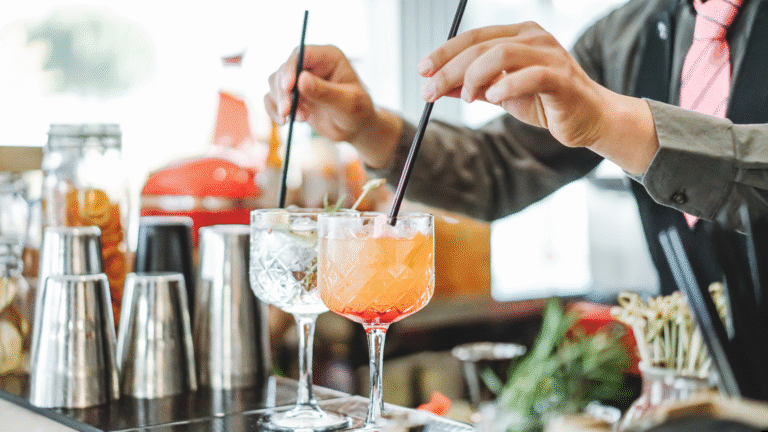Bartenders are not typically certified in the same way that licensed professionals such as doctors, teachers, or lawyers are. However, there are numerous certifications and training programs available for those who want to enter the bartending profession or refine their skills. These programs can provide a strong foundation in mixology, customer service, and responsible alcohol service, while also making candidates more attractive to potential employers.
Several well-recognized organizations in the bar industry offer certification programs, including:
-
The Bartender’s Guild – A professional organization that supports bartenders through training, networking, and industry resources.
-
The National Bartenders Association – Known for providing bartender training programs across the country.
-
The American Bartenders School – Offers formal coursework in cocktail preparation, bar management, and customer service skills.
-
TIPS (Training for Intervention ProcedureS) Program – Focuses on responsible alcohol service and teaches bartenders how to identify intoxication, handle underage drinking, and reduce liability risks for establishments.
These courses often cover a wide range of topics. In addition to learning how to prepare cocktails and master bar techniques, participants are trained in customer interaction, handling busy environments, maintaining cleanliness, and complying with alcohol-related laws. Many programs also emphasize the importance of safety and liability, preparing bartenders to recognize when a customer should not be served.
While certifications can be valuable, they are not always required to work as a bartender. Many establishments, especially smaller bars or restaurants, place greater emphasis on hands-on experience. Employers often look for candidates who have proven themselves in a real bar setting—demonstrating speed, accuracy, and the ability to provide excellent customer service under pressure. For many bartenders, learning on the job is considered just as important, if not more, than classroom training.
That said, certain employers—particularly upscale venues, resorts, or national chains—may require specific certifications, especially those related to alcohol awareness and legal compliance. Additionally, some states and municipalities have laws mandating that bartenders complete an approved alcohol server training program before they can legally serve drinks. These programs are designed to promote safe alcohol consumption and protect both the bartender and the establishment from liability issues.
In summary, while formal certification is not strictly necessary to begin a bartending career, it can serve as a powerful tool for demonstrating professionalism, knowledge, and commitment to the craft. It may also open doors to better job opportunities, meet legal requirements in certain areas, and help new bartenders gain confidence as they start their careers. Combining certification with practical, on-the-job experience is often the best way to grow and thrive in the bartending industry.




